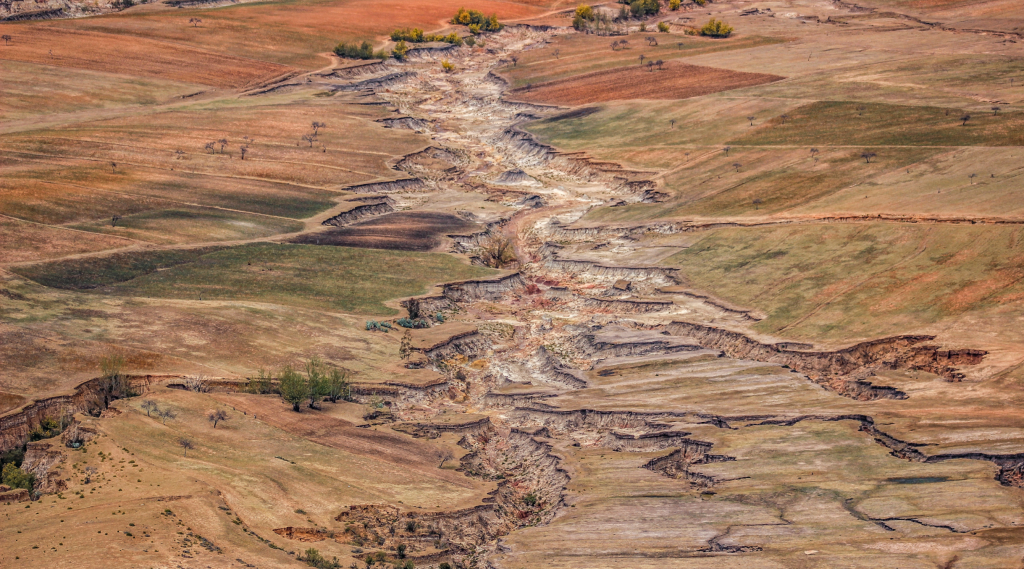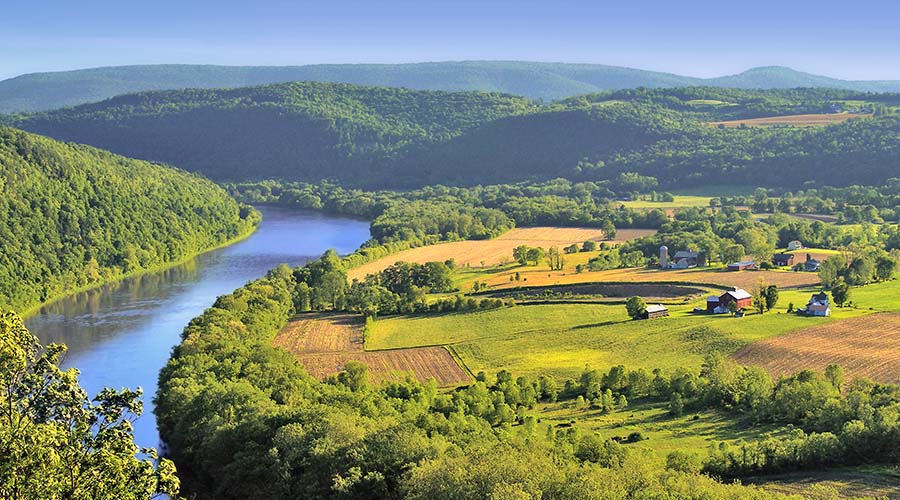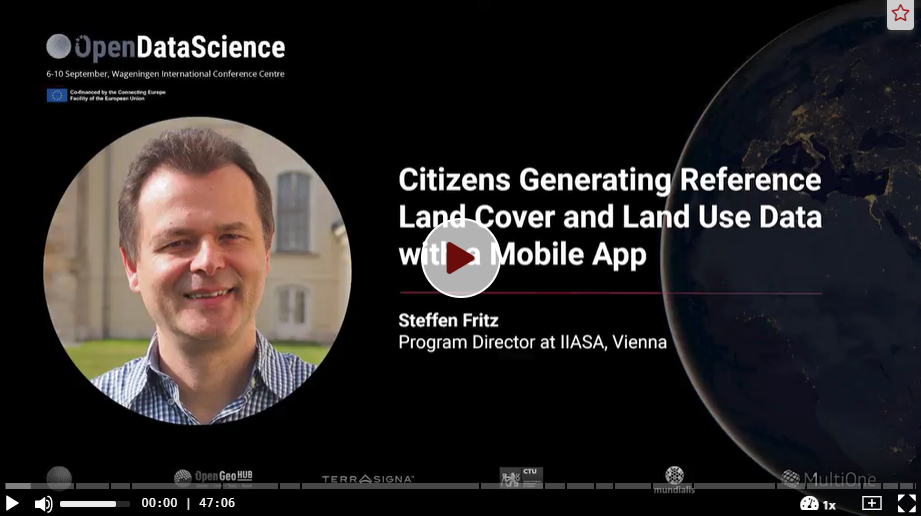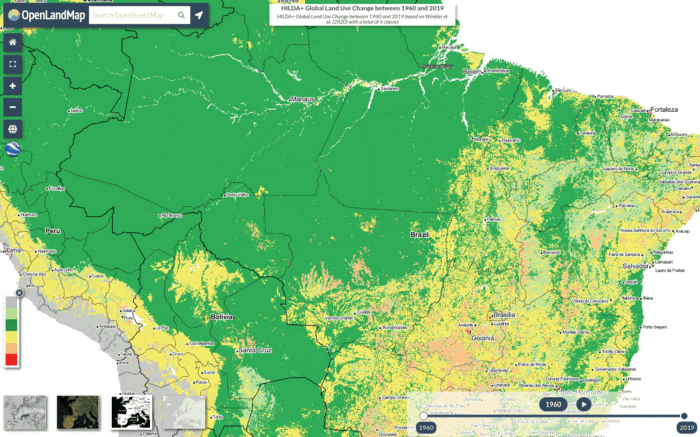We believe in the power of Open Data & Open Source to empower a better world for all.
What is Open Data?
Open Data is the idea that certain data should be freely available to everyone to use, re-use and redistribute as they wish, without restrictions from copyright, patents or other mechanisms of control – subject only, at most, to the requirement to attribute and share alike.
What is Open Source?
Open Source draws from a broad set of values. Open source projects, products, or initiatives embrace and celebrate principles of open exchange, collaborative participation, rapid prototyping, transparency, meritocracy, and community-oriented development.
Open Data and Open Source solutions are:
- empowering & enabling
- essential to high quality development
- crucial to innovative business services






- inherently transparent & reproducible
- more reliable & trustworthy
- essential to planetary security
Open culture is win-win-win2
It enables a world that moves from a zero-sum culture (scarcity-mindset) beyond a non-zero-sum culture (win-win) towards a regenerative culture steeped in abundance and based upon widespread collaboration.
Ensuring that the planetary system that provides us with everything we depend upon for our ability to survive & thrive, wins first and foremost.






The importance of data cannot be understated. Access to reliable and trustworthy data is relevant to almost any challenge faced by the world today.
Carbon cycles & the climate crisis
The climate crisis is already here – rising global temperatures threaten all of us as they lead to mass wildfires, rising sea levels, unprecedented droughts, floods, and shifts in habitats.
Biosphere carbon, in soils and plants, plays a crucial role in regulating weather, and ultimately the climate.
Through our datasets and online platforms we are making global data available and open, granting direct access to anyone, anywhere. Like our lives depend on it.
Agriculture & food security
Agriculture has a crucial role to play in both mitigating and adapting to climate change and providing ecosystem services – else it cannot keep producing food.
Open Data systems can enable and empower farmers to find the most suitable ways to transition towards agroecological methods, uniquely adapted to their site-specific situation.
Using state-of-the-art solutions we are making results-based soil organic carbon, enabling landowners to self-determine methods that sequester carbon, leading to healthy soils & ecosystems, reliable carbon sinks and viable farms.
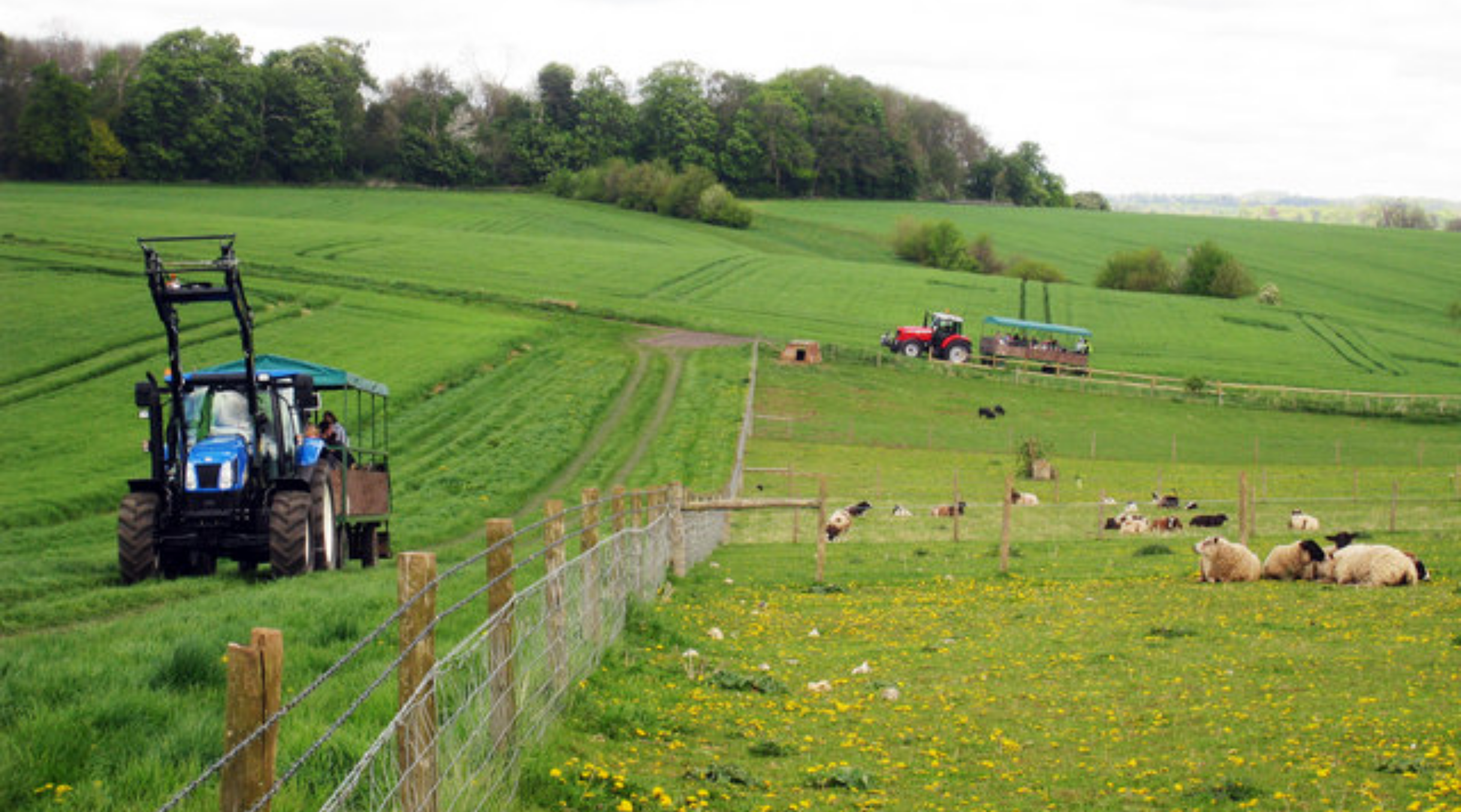
Land degradation & ecosystem restoration3
Land degradation is the systematic loss of function in terrestrial ecosystems: a serious drop in primary productivity, biomass and biodiversity. This means the land produces less than what it is able to at its natural capacity and even eventually deteriorates completely with little to no production at all. No plants. No animals. No water.
Where this occurs extensively enough, it also changes the climate.
We understand how to reverse land degradation with systematic land conservation practices, scaling up of agroecological systems, landscape-scale rehydration and massive planting of grasses, shrubs and forests, by leaning into nature and designing and building resilient ecosystems.
Through the use of Open Data we can scale up techniques where the potential for restoration is the highest, anywhere in the world.
